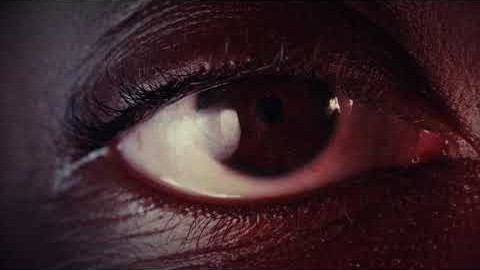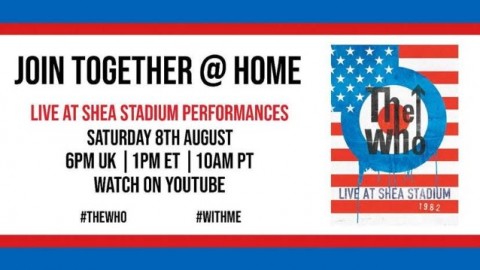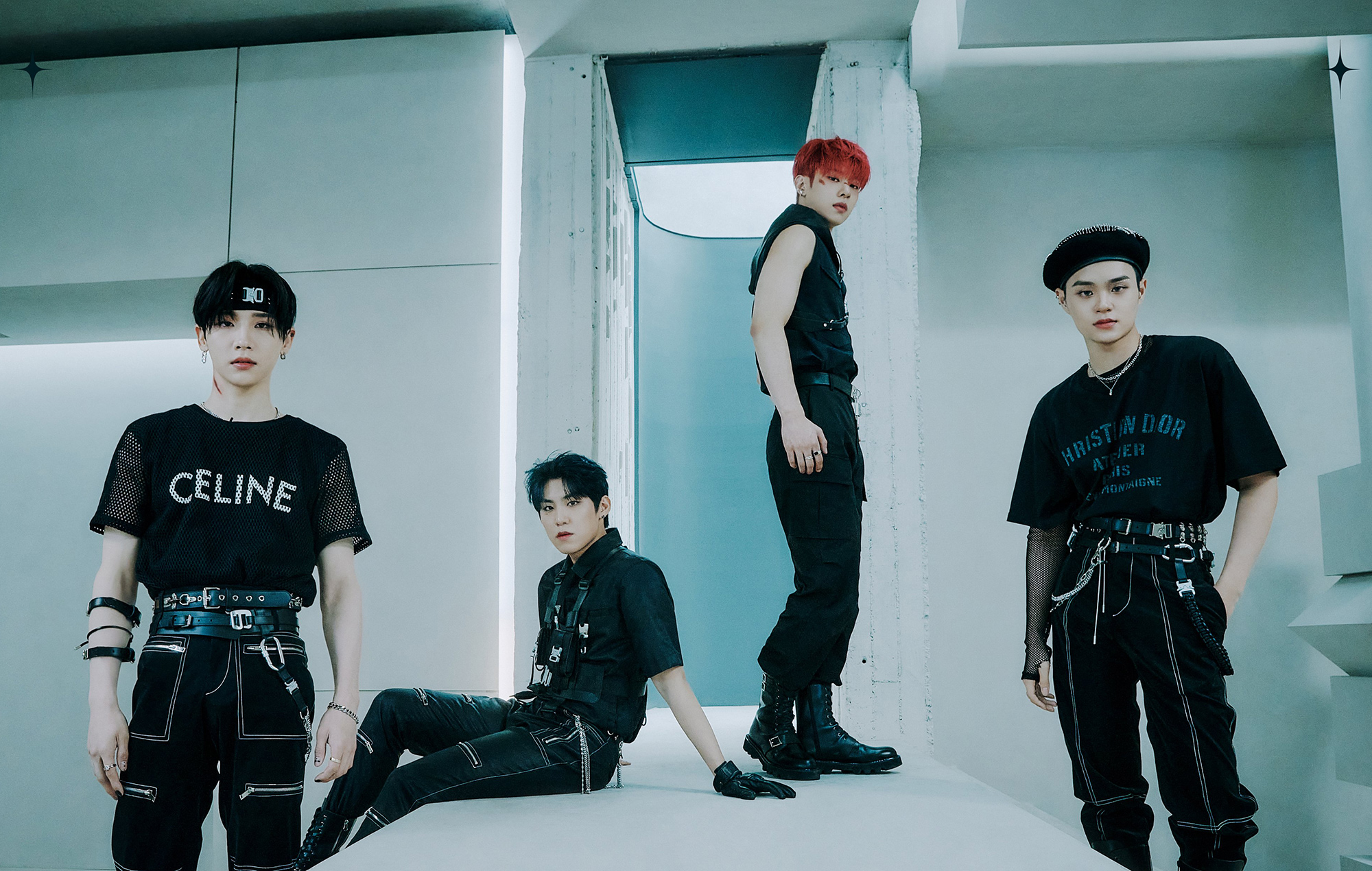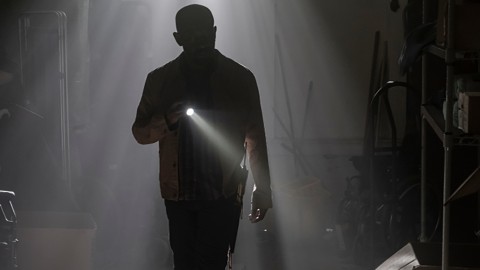
Ruby Marshall – the singer-songwriter behind alternative Melbourne project ENOLA – is going through what they describe as “waves of emotions”. It’s commonplace, they say, whenever an artist is staring down the barrel of a new release – in Marshall’s case, the debut EP from ENOLA. Titled ‘All is Forgiven’, the EP pairs the project’s first two singles from 2022 – the propulsive ‘Strange Comfort’ and the writhing ‘Metal Body’ – with new material that continues ENOLA’s explorations of the post-punk, alt-rock and the spaces between.
- READ MORE: Angie McMahon is ready to heal
“There’s obviously an excitement there, but also the anxiety that comes from the unknown of how it will be received,” Marshall tells NME. “You really get a mixed bag of feelings when you’re expanding your body of work. I’m really excited by it more than anything, though – for a long time we only had those two songs out, so I’m really ready to show some other sides to the project that people haven’t heard before.”
The release of ‘All Is Forgiven’ will serve as the final stop on an exceptionally busy 2023 for Marshall. Starting the year with a spot on the NME 100, they’ve spent it fortifying the project with a joining them both on-stage and in the studio – guitarist Josh Pendergrast, bassist Maya Alexandra and drummer James Tyrrell – as well as building a reputation as one of the country’s new must-watch live acts. Front and centre, Marshall is unmissable, unencumbered by an instrument and singing passionately and directly into spectators’ faces. This live reputation has led ENOLA to major support slots for acts like Sleaford Mods, Jen Cloher and RVG, as well as appearances at festivals like Hobart’s Dark Mofo and Sydney’s inaugural edition of SXSW.
For Marshall, ‘All Is Forgiven’ marks not only a new chapter, but a fresh start. Read on for NME’s interview with ENOLA.

This is ENOLA’s first EP, but not yours. You previously made music as Enola Gay – can you explain where that ended and ENOLA began?
“That was more of an electronic project – I was working with Ableton, mostly because I didn’t have anyone to play music with. I was a little shy at the time, and I had a lot of self-doubt – I genuinely wasn’t sure if I had the skill set to play with other musicians, so I felt like this was a way I could make stuff without having to be too vulnerable. It took me a long time to feel comfortable even with my own singing voice – I used to process it a lot and put it further back in the mix, which is definitely part of that Enola Gay EP.
“Two key things happened to begin that transition into ENOLA. The first was that, for one reason or another, every time I played solo something would go wrong. There’d be some sort of technical issue, or something would cut out, and it led me to be less reliant on laptops and gave me the courage to start performing with others. The second was seeing the rise of bands like IDLES and Shame, and really getting into their sound. When I’d see them perform live, I really felt like they had something to say – and that maybe I did, too. Slowly but surely, the music started taking more of a grunge and post-punk direction and I began enjoying the process of playing with a band way more than playing with myself. At that point, transitioning from Enola Gay to ENOLA just made sense.”
“You have to have a world of self-belief. It can be extremely challenging to be an independent artist”
How did you go about capturing this newfound live electricity when it came to recording ‘All Is Forgiven’?
“It was a real balancing act. When you’re playing shows, you’re building momentum as a group and there’s a certain energy that can’t be fully recreated when you’re not necessarily in a room with all of them at the same time. Our producer, Bonnie [Knight], did an amazing job in helping me to feel really comfortable in the studio. We’ve worked together a few times now, and they really know how to relax you into it. Capturing the live energy in that environment is a difficult task, but it’s something I really wanted to be an element of this EP – to me, it’s such a big part of the sound.”
There’s a curious contrast in the lyrical subject matter of ‘All Is Forgiven’ – with its stark, vulnerable themes – and how it’s delivered in your loud, emboldened vocal style. Was having that juxtaposition an important part of the EP?
“Yeah, absolutely. I really love artists like PJ Harvey, who did the same thing a lot especially on her early albums. The way I see it, each song carries its own sense of urgency and deserves its own unique way of being delivered. There’s a track called ‘Miss You’ on it, and it’s probably the most intimate ENOLA song thus far. There’s also songs like ‘Metal Body’ and ‘Waves’, which carry a certain heaviness and a weight to how I’m singing them. In both instances, I feel like I’m just trying to be heard. These are intimate, personal subjects, and they still feel really raw. I’m trying to find a connection, and I try to follow whatever connection that is for the song.”
“When I’d see bands like IDLES and Shame perform live, I really felt like they had something to say – and that maybe I did, too”
Lastly: no doubt you saw the recent triple j Unearthed study in which 48 percent of the musicians surveyed said they’d considered quitting the music industry in the last year. Did you have any thoughts on those findings?
“I would definitely be a part of that percentage. It’s a regular thought – not because I don’t love it, but because it doesn’t feel sustainable. The back-end business of the industry is so tough, and everything costs money – even when you have these big opportunities in front of you. It not only costs financially, but it’s physically and emotionally demanding. You have to have a world of self-belief. It can be extremely challenging to be an independent artist.”
What has made you want to continue?
“A few years ago, I sat myself down to make a very conscious choice. I change careers, go for something stable that would have income and security… or I do something that I truly love, which doesn’t have those things. I chose music, ultimately, because life felt too fleeting. Making music is how I want to contribute with the time I have here. I love to express myself. It’s joyful, and it’s meaningful. Whenever I’m feeling ground down by the process and the industry, I remind myself of that very choice.”
ENOLA’s ‘All Is Forgiven’ is out now via Hell Beach/Onelove. They tour Australia in January
The post ENOLA: “I chose music because life felt too fleeting” appeared first on NME.









